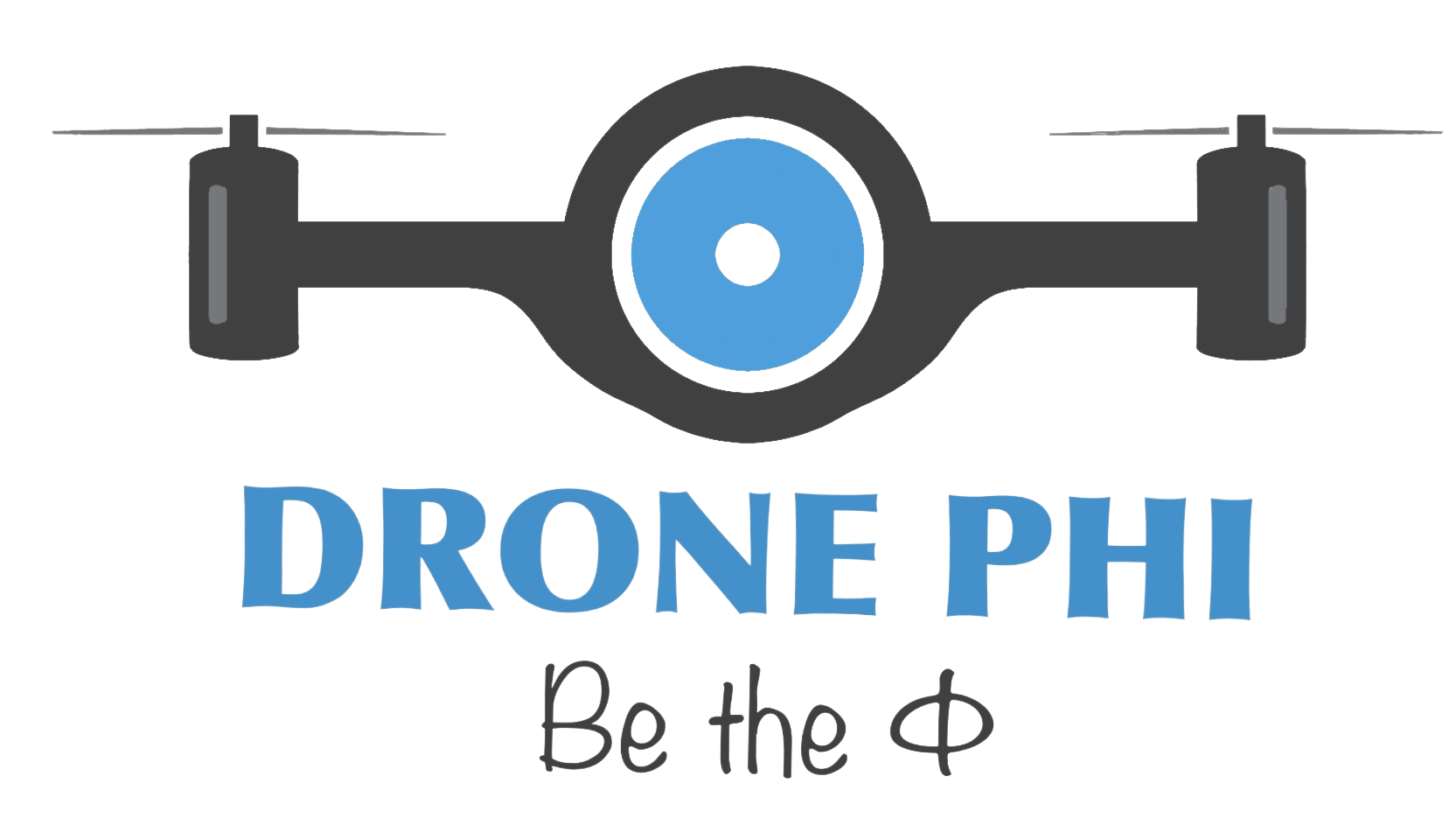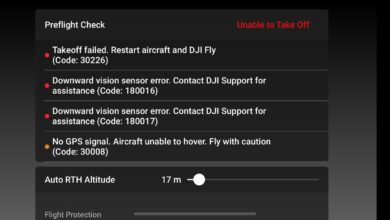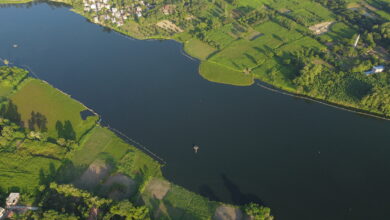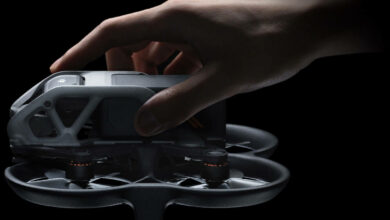Autel Evo nano+ vs DJI Mini 3 Pro: Which one will be the perfect match for you
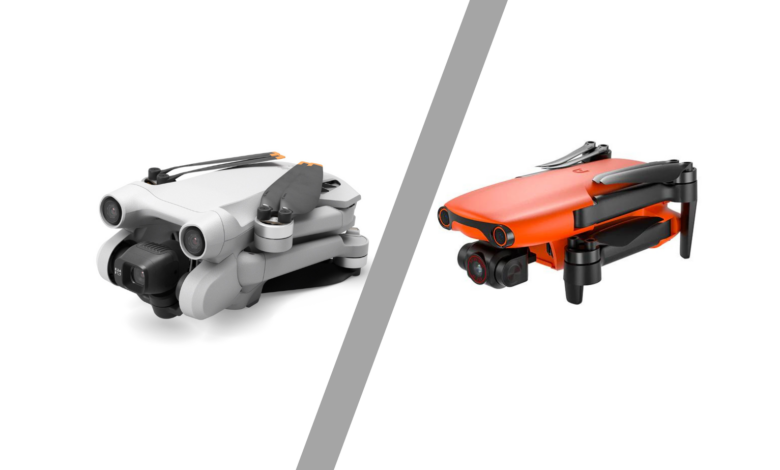
The two leading companies Autel Robotics and DJI in the market are bringing their advanced camera drones back to back every year. In addition, this year Autel Robotics has an advantage in market flow with the introduction of the Autel Evo nano series. However, the DJI is also in the league as it has upgradation over the Mavic series with Mini 3 Pro. These drones are the recent development in lightweight aircraft with limited legal actions. In addition, both these devices are the best mini-size drones which are mega capable and have major upgradation in security.
Moreover, every upcoming year we get to see advancements in drone cameras whether it’s in weight category, prices, or distinctive features. However, we get a plethora of such drones to choose from as per our needs. Talking about reliability, if we are spending such an amount of money on camera drones, the smart choice is to choose the top companies in the market. However, the top companies i.e Autel and DJI both have a wide range of drones to choose the best one. But, if you are looking for the best and latest drones from these companies then this article is best for you. Here is the extensive comparison between Autel Evo nano+ vs DJI Mini 3 Pro considering all the key specifications to assist you to choose the best for you.
Autel Evo nano+
Autel Robotics brings the first non-DJI camera drone Autel Evo nano+ contributing to larger drone regulation around the world. In addition, the device will offer a super smooth camera with an additional splash of color. Moreover, the latest Evo Nano+ drone offers high-quality sky images and videos with an anywhere fit feature.
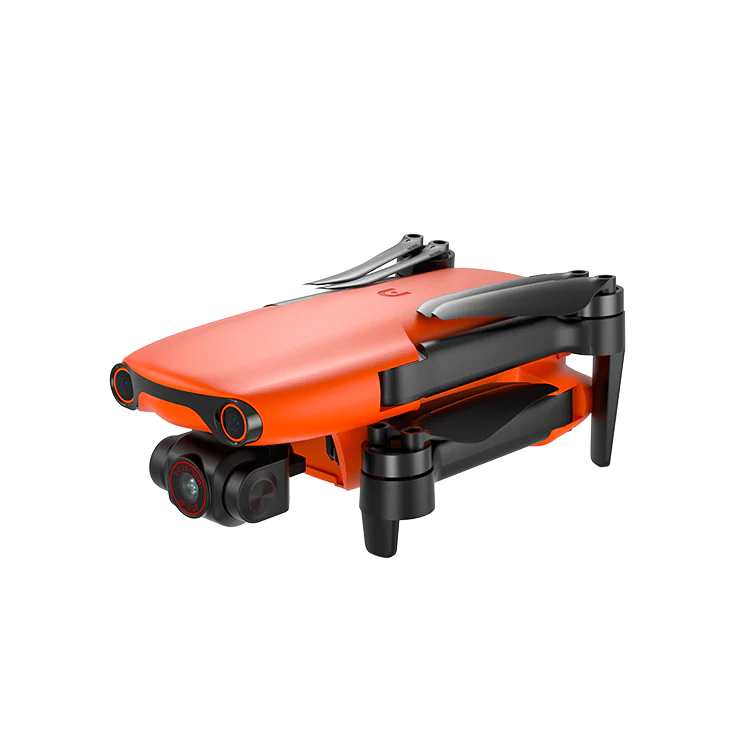
DJI Mini 3 Pro
DJI introduces the lightweight, portable drone Mini 3 Pro offering a hassle-free and compact design.
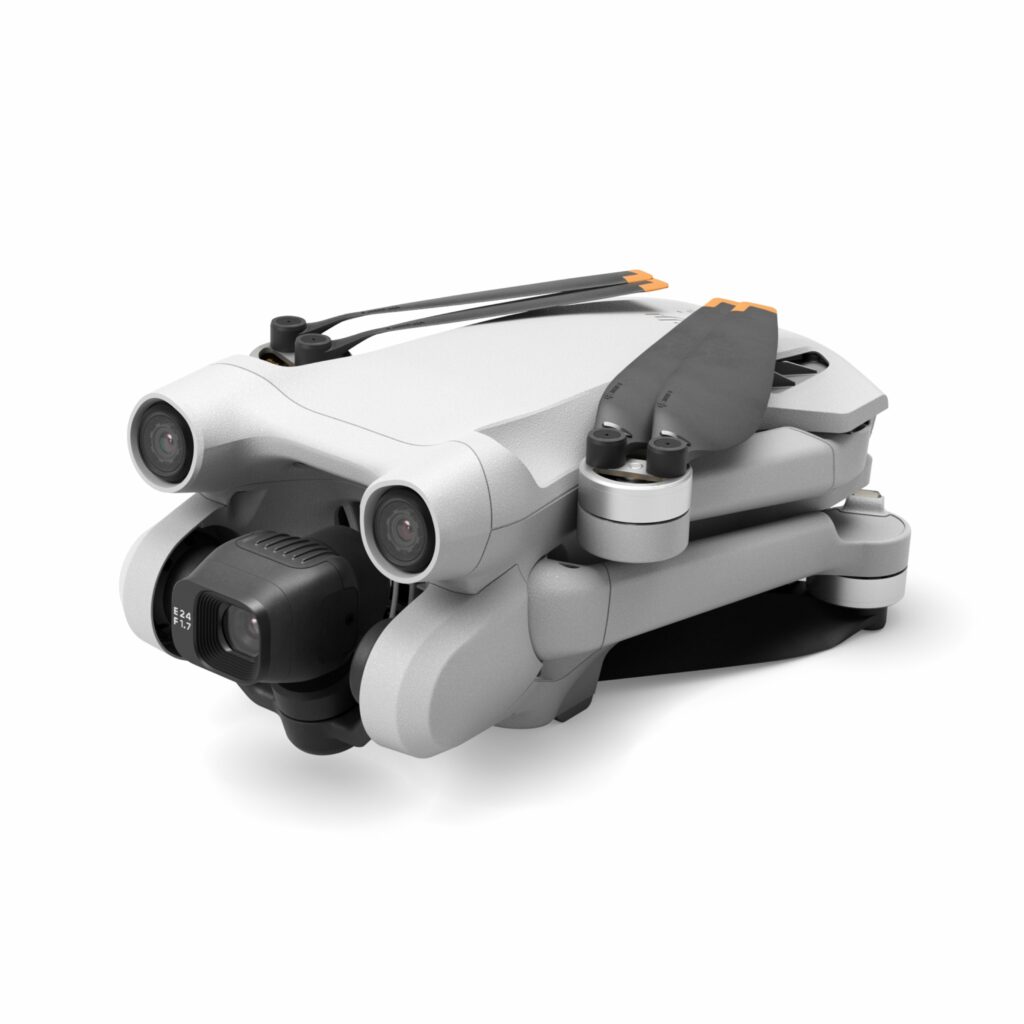
Autel Evo nano vs DJI Mini 3 Pro; Design comparison
Autel Evo nano+ arrives with a portable and ultra-light design weighing 249 grams. Moreover, this small design includes two arms folded and unfolded. The folded arms measure 140.0 x 90.0 x 50.0 mm in dimension. Whereas, the unfolded arms measure 264.0 x 310.0 x 50.0 mm in dimension. In addition, the drone has a diagonal size measuring 231 mm in dimension. Talking about its rival DJI Mini 3 Pro, the device weighs 249 grams. Additionally, the folded arms measure 145×90×62 mm in dimension and the unfolded arms measures 171×245×62 mm in dimension. Whereas, the arms with propeller 251×362×70 mm in dimension. Furthermore, the Mini 3 Pro has a diagonal size of 247mm.
Autel Evo nano+ vs DJI Mini 3 Pro: speed comparison
Evo nano+ offers a maximum flight time of 28 minutes along with a hovering time of 26minutes. In addition, the Autel drone arrives with an ascent speed of 6 m/s and a horizontal speed of 13 m/s. The device allows a maximum tilt angle of 33° with a maximum pitch of 200°/ s. Moreover, talking about DJI Mini 3 Pro, the device arrives with a maximum flight time of 34 minutes at 21.6 kph along with a hovering time of 30 mins. Additionally, the device has a maximum ascent speed of 5 m/s and a descent speed of 5 m/s. Furthermore, the device allows a maximum forward angle tilt of 40° along with a backward tilt of 35°.
Autel Evo nano+ vs DJI Mini 3 Pro: camera comparison
The camera is one of the most distinctive features every drone owner looks forward to while owning one. The leading Evo nano+ drone arrives with a 1/1.28 inch type CMOS sensor with 50MP resolution. In addition, the camera offers a maximum aperture of f/1.9 with an 85° field of view. Moreover, the camera features still photography along with an electronic shutter. Furthermore, the device offers video with 3840 x 2160p resolution. Along with this, the device supports a micro SD card for maximum storage of up to 256GB. On the other hand, the Mini 3 Pro arrives with a 1/1.3 inch CMOS sensor with 48MP. Moreover, the device includes a focal aperture of f/1.7 with an 82.1° field of view. The device supports videography of 4K resolution. Furthermore, the device also supports Quick short modes and color profiles with ultra zoom features. So here evo nano+ is the clear winner based on camera spec.
Autel Evo nano+ vs DJI Mini 3 Pro: Vision system comparison
Autel brings its latest Evo nano+ featuring three sensing systems that include downward, forward, and backward. In addition, the drone offers an operating range of 0.5- 20m range for ahe e sensing systems. The forward sensor has a 40° horizontal and 30° vertical field of view which is similar to the backward field of view. While the downward sensor has a 40° side-to-side field of view. On the contrary, the Mini 3 Pro has a forward sensing system at 0.39- 25 m range with a 106° horizontal field of view and 90° vertical. In addition, it has a backward sensor system ranging between 0.36- 23.4 m with a horizontal 58° field of view and a 73° vertical field of view. Whereas, the downward sensor ranges 0.15- 9m with 87.6° left/ right and 104.8° forward/ backward.
Autel Evo nano+ vs DJI Mini 3 Pro: Remote controller comparison
The remote controller of the Evo nano+ supports devices with Android 6.0 and iOS 13.0 and more. In addition, the remote operates up to 10 km at 2.4GHz frequency. The controller has battery support of 3930mAh with a USB Type-c charging port. Whereas, the Mini 3 Pro will have remote controller supporting devices with 180 mm ×86 mm ×10 mm dimension. Furthermore, the remote offers a battery life of 6Hrs standard and 4hrs with charging the phone. The device supports lightning micro USB and a type-c charging port. The Range for DJI controller is 12km (Low interference).
Conclusion
When we look at the competition between these two ultimate drones i.e, Evo nano+ vs DJI Mini 3 Pro, it seems pretty intensified. Moreover, both these devices are competing with each other in every category fiercely. However, this article sums up the specifications of both these latest drones helping to find which one is better for you. The comparison covers all the necessary details covering all aspects. In addition, both devices arrive in the market same time in 2022 with almost similar price tags. Thus, to choose the one we have to focus on other distinctive details of the device. Keeping everything in mind, if you are looking for an ultralight, portable, and premium performing drone, DJI Mini 3 Pro holds slightly superior position. So, the winner of this comparison would be Mini 3 Pro with slight advancements.
Follow Dronephi on Twitter, Facebook, Instagram, and LinkedIn, or join on Telegram channel for all the latest updates on FPV, Drone Tech, Military Drones, Drone Related News, and more!
